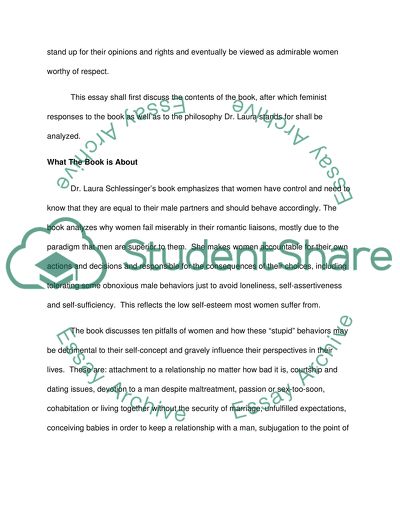Cite this document
(“Third Wave Feminism and Sexuality Research Paper”, n.d.)
Retrieved from https://studentshare.org/literature/1478456-third-wave-feminism-and-sexuality
Retrieved from https://studentshare.org/literature/1478456-third-wave-feminism-and-sexuality
(Third Wave Feminism and Sexuality Research Paper)
https://studentshare.org/literature/1478456-third-wave-feminism-and-sexuality.
https://studentshare.org/literature/1478456-third-wave-feminism-and-sexuality.
“Third Wave Feminism and Sexuality Research Paper”, n.d. https://studentshare.org/literature/1478456-third-wave-feminism-and-sexuality.


